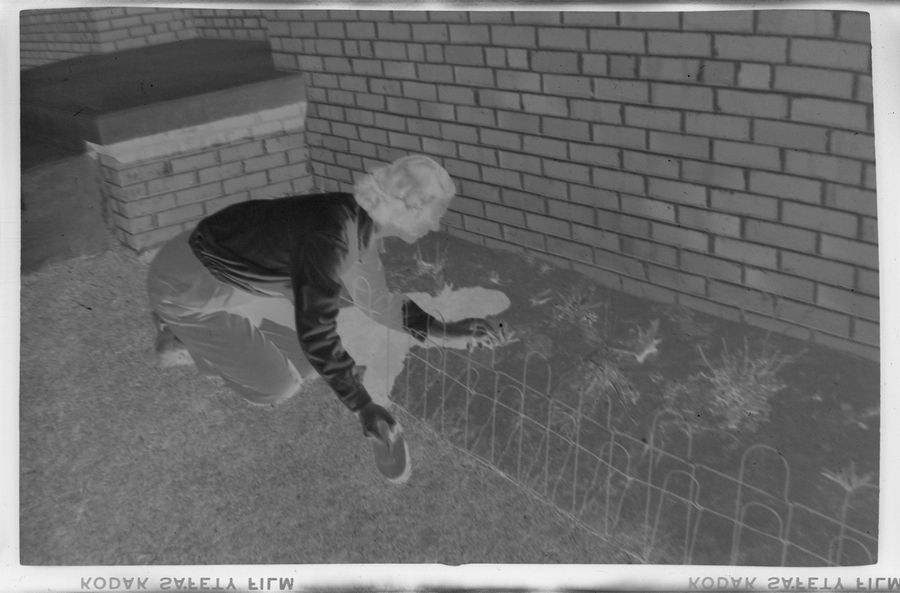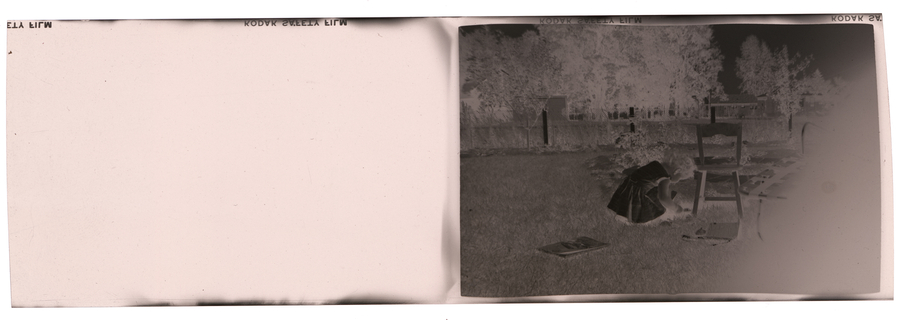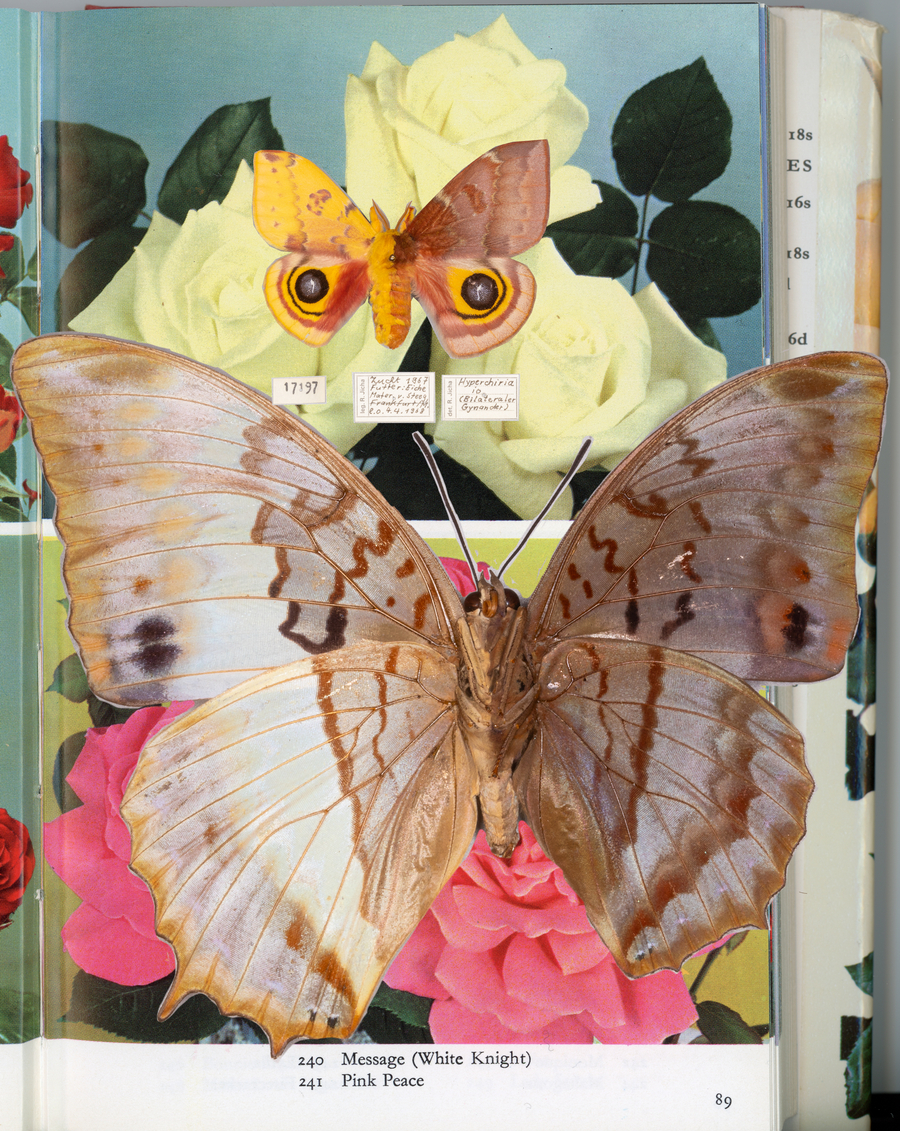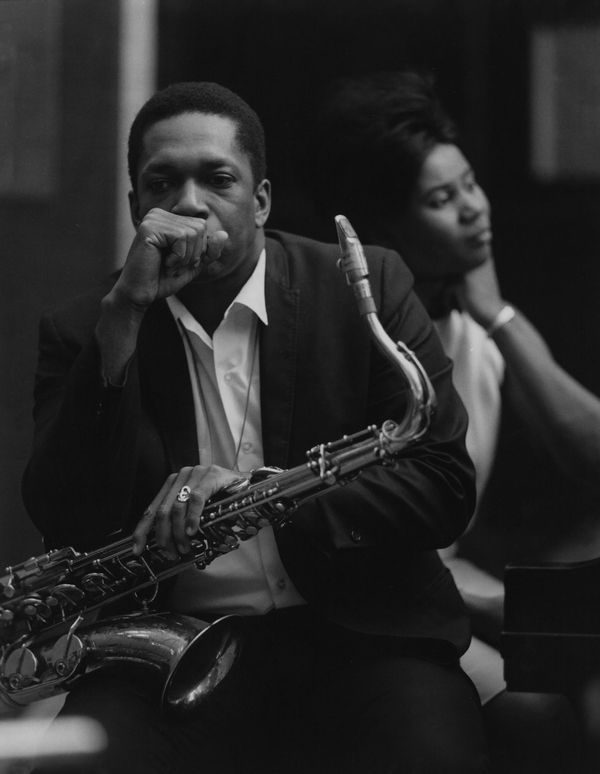 Rebecca Wood, From Vita Sackville-West's Writing Tower in East Sussex, 2024. Courtesy of the artist.
Rebecca Wood, From Vita Sackville-West's Writing Tower in East Sussex, 2024. Courtesy of the artist.On Being Despised reimagines a second Eden through the lens of history and personal archive. In the works presented, Toronto-based artist Rebecca Wood re-exposes and layers her late maternal grandmother’s wartime images with contemporary photographs of garden spaces linked to Virginia Woolf, the source of the exhibition's title. Using homemade botanical developers, Wood explores themes of gender fluidity, war, and creative transformation. Challenging binaries and drawing connections to Indigenous kinship systems, this project offers a speculative space for metamorphosis, healing, and the layering of stories in response to intersecting global crises.
In the following artist statement, Woods expands on the project, its processes, and its themes.
On Being Despised is aphotographic installation situated in the Bloomsbury Group gardens of East Sussex, England. The garden, an enclosure historically deemed a site for the feminine and domestic, is opened as a space for re-imagining foundational structures. Working with my late maternal grandmother's archive of photographs and negatives, I entered the darkroom to both figuratively and literally cast new light on her images from the Second World War, and from her early years in Canada as a War Bride. Like Virginia Woolf, my grandmother lived south of London during the bombing campaign, and it is Woolf’s writing I turn to as a way of accessing what it must have felt like to live through such horror.
 Rebecca Wood, In the Garden After the War, 1950s to 2025. Courtesy of the artist.
Rebecca Wood, In the Garden After the War, 1950s to 2025. Courtesy of the artist. Rebecca Wood, In the Garden After the War: Just Like Mum, 1950s to 2025. Courtesy of the artist.
Rebecca Wood, In the Garden After the War: Just Like Mum, 1950s to 2025. Courtesy of the artist.Simultaneously, to understand the echoes in our current climate, I placed re-exposed images from my grandmother's archive alongside my own photographs of the Bloomsbury gardens at Monk’s House (Woolf’s residence during WWII), Charleston Farmhouse (Woolf’s sister: Vanessa Bell), and Sissinghurst Castle Garden (Woolf’s lover: Vita Sackville-West). This Woolfian garden-scape was developed using homemade botanical developers from my own garden, as a care-centered way of working in the darkroom. Large-format 4-by-5-inch negatives exposed in the garden were processed using a distillation of rosemary and household products normally used for cleaning and health.
 Rebecca Wood, Book of Gynandromorphs, 2025. Courtesy of the artist.
Rebecca Wood, Book of Gynandromorphs, 2025. Courtesy of the artist.Can a cross-pollination of archival and contemporary photographic material help produce a third document? A space for reparative creativity beyond the past-versus-present binary? Complete with bilateral gynandromorphic Lepidoptera (half-male, half-female butterflies and moths), this speculative garden is a space for metamorphosis and fluidity. These monstrous specimens spill out and over to challenge the fixed-ness of the gender binary—a challenge Woolf saw as imperative to preventing war. At this time of intersecting crises, the garden presents itself as a place to layer story in an effort to shift away from dualism into multitudes. As our sacred web is set upon, I am compelled as Olivia Laing states, to “alchemize terror into art.”
Presented by the Image Centre. Rebecca Wood's work draws on research supported by the Social Sciences and Humanities Research Council. She also wishes to thank the Milwaukee Public Museum for access to the Neidhoefer Gynandromorphs collection.











































